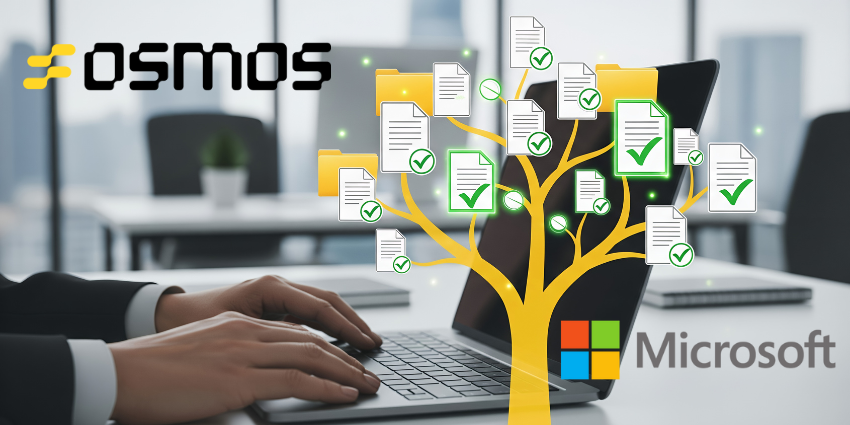When Zoho announced that it would add free agentic AI tools across its collaboration, customer experience, and human resources apps, it framed the move as a response to a struggling industry.
Zoho Chief Evangelist Raju Vegesna said:
“AI adoption has been stymied by a lack of data readiness, difficulty in integrating with legacy systems, and unnecessarily high costs.”
The upgrades—which span apps like Zoho Desk, Mail, and Recruit—require no additional subscriptions, plug-ins, or third-party tools. They build on Zoho’s Zia Hubs, which give enterprises AI access to their unstructured data, and Zia LLM, its business-focused language model, alongside its Zia advanced AI assistant.
By offering these capabilities “at no extra cost,” Zoho joins a growing list of vendors removing price barriers to spur uptake of AI agents that many businesses still haven’t fully embraced.
Despite the extensive industry hype around using AI agents to assist or even replace customer service staff, enterprise adoption remains limited.
Data on adoption metrics is rare, but big vendors sometimes disclose user or customer counts. For instance, Salesforce, which launched Agentforce to much fanfare earlier this year, recently reported that 12,000 organizations have signed up to use the platform out of the company’s 150,000-strong client base.
This low activation relative to installed customer base highlights the challenge. Companies are intrigued by AI assistants and autonomous agents, but have yet to integrate them deeply into workflows. Data silos, integration pain points, unclear ROI, and cultural hesitation have all slowed real-world deployment.
To overcome this, software vendors are making agents free, or nearly free, to get customers experimenting.
For Zoho, that means embedding agentic capabilities directly into its products.
Microsoft is following a similar path, rolling out a free “AI Agents for Beginners” training course, free Copilot Chat access, and consumption-based pricing to help users get comfortable before committing to enterprise licenses.
UiPath now offers trial access to its Agentic Automation Platform, coupling robotic process automation (RPA) with autonomous AI workflows. Its 2025 Agentic AI Report found that while 90 percent of IT executives believe agentic AI could improve business processes, only 37 percent actually use it, a figure that underscores how free trials could offer a vendors a way to attract buyer interest.
Google Cloud’s Gemini Enterprise platform, which builds off Google Agentspace, adopts a free/pay-for-usage model, letting teams build and deploy agents while only paying for underlying cloud resources.
The logic is simple — cost shouldn’t be the reason a customer doesn’t try AI agents.
Customer Service Vendors Lead the Charge
In the customer service space, where the potential impact of agentic AI is clear, vendors are experimenting with freemium tactics to drive adoption.
Freshworks now promotes “Freddy,” an embedded AI agent that autonomously handles customer requests, as a standard platform feature for small businesses and enterprises.
Intercom bundles its “Fin” agent in lower-tier plans to help small teams test real-world scenarios.
Zendesk and Drift have both introduced “try-for-free” programs that let users spin up conversational agents with minimal setup.
HubSpot’s Breeze Agents, unveiled earlier this year, specifically target small businesses with built-in knowledge and support capabilities at entry-level pricing.
These efforts mirror Zoho’s apparent strategy to embed agents into everyday tools rather than selling them as add-ons.
Freemium Isn’t a Silver Bullet
While free access lowers the financial barrier, there are still organizational barriers to implementing AI agents.
Businesses need to have structured, integrated data; they need to redesign workflows and train staff; and they have to establish governance, transparency, and human-in-the-loop controls.
As UiPath’s report highlights, many companies are still stuck in AI pilot mode, testing features but unable to scale them into production.
Free is quickly becoming the new adoption strategy for AI tools, as vendors recognize that zero-cost or low-cost entry points may be the key to getting customers to actually use them.
The easier an AI agent fits into daily workflows, the faster businesses adopt it.
With uptake still slower than expected, companies like Zoho are shifting their go-to-market playbooks. Its decision to make agentic tools free suggests the competition is moving away from who can build the smartest agent toward who can make it the easiest to use.







